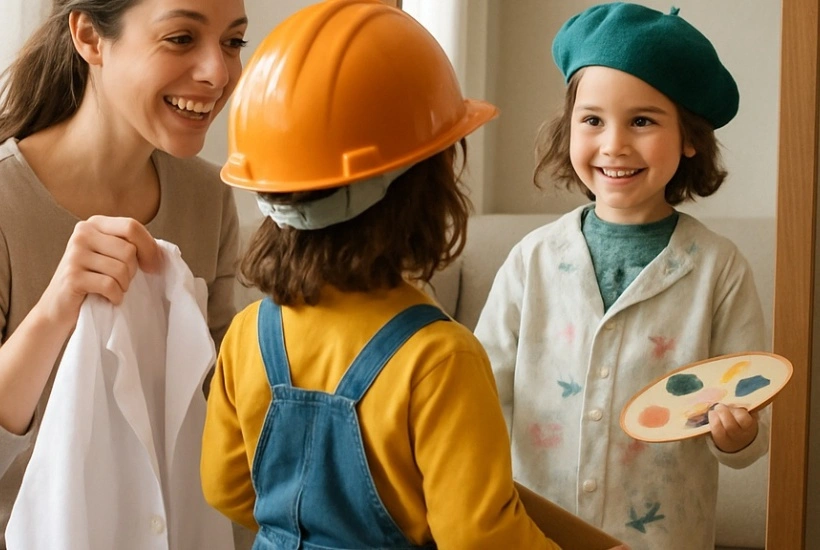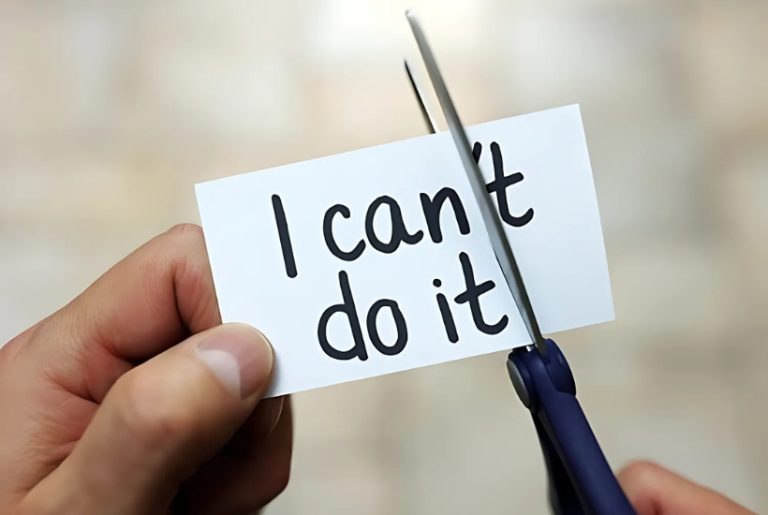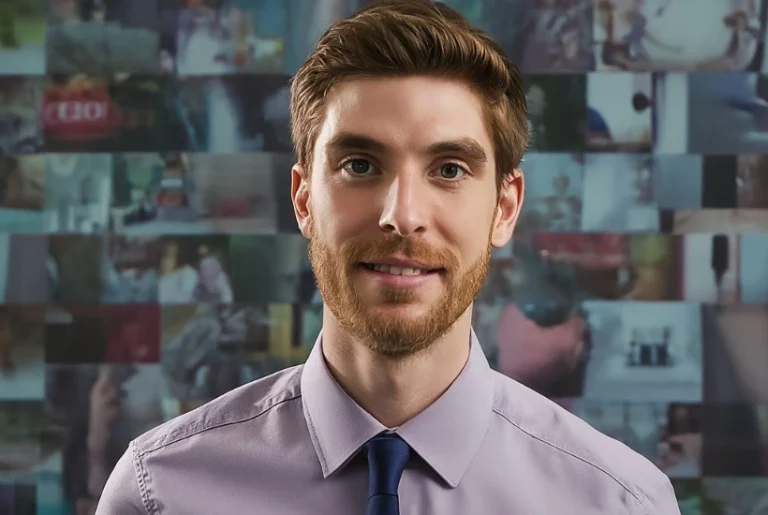We have all, in some way, chosen a profession - the one we practice today - or a series of professions from the past to the present... and we have certainly not asked ourselves how we arrived at that choice. There are many theories that explain this process for occupational behaviors. Either way it is a process that goes through certain stages (Parson's "traits and factors" theory):
1
UnderstandingThat of the individual's understanding of himself, his potentialities, his abilities, his abilities, his interests, his ambitions, his values, his means, his constraints and their origin.
2
PerceptionThat of understanding his or her environment, knowledge of the professions, the requirements, the chances of success, the advantages and disadvantages, the opportunities and prospects for development.
So that in the 3rd stage, after many professional behaviours, the process of logical decision based on the previous two (*).
However, in the complex environment we live in with its multidimensional conditions, things are not linear.
The clinical psychologist Anne Roe, in 1956, argued that occupational choice is related to the individual's early experiences within the family environment (**) and classified occupations into eight categories according to the intensity and type of interpersonal relationships involved in their pursuit: (a) service occupations; (b) business contact occupations; (c) organisation occupations; (d) technological occupations; (e) outdoor occupations; (f) scientific occupations; (g) general education occupations; and (h) arts and entertainment occupations.
In another article I discuss theories and practices about the individual's developmental trajectory, in terms of his or her orientation in the workplace and his or her decisions about the occupation, or occupations, he or she wishes or seeks to pursue, all the occupational behaviours he or she manifests. Currently, consider the following 'conditions' and ask yourself and/or explore :
In another article I discuss theories and practices about the individual's developmental trajectory, in terms of his or her orientation in the workplace and his or her decisions about the occupation, or occupations, he or she wishes or seeks to pursue, all the occupational behaviours he or she manifests. Currently, consider the following 'conditions' and ask yourself and/or explore :
See you in future articles with more theories and interpretations.
Until then, if you love your children, love yourself first!
(*)During our Career Coaching sessions, initially, through self-awareness exercises, the individual's perception of himself or herself is sculpted, strengthened for the optimal use of his or her abilities and skills in order to face challenges, then the current circumstances are explored and finally a sustainable action plan is formulated, which is monitored and, where necessary, redesigned until its successful completion.
(**) The study of the professional pedigree of the person being counselled is a basic tool for investigation and evaluation during the career coaching process.
The type of family environment in which a child grows up and especially the behaviour of parents towards their children leads to the development of specific personality types, expressing specific professional behaviours and in the process forming a specific professional identity.
(**) The study of the professional pedigree of the person being counselled is a basic tool for investigation and evaluation during the career coaching process.
The type of family environment in which a child grows up and especially the behaviour of parents towards their children leads to the development of specific personality types, expressing specific professional behaviours and in the process forming a specific professional identity.



